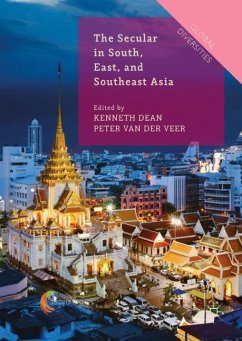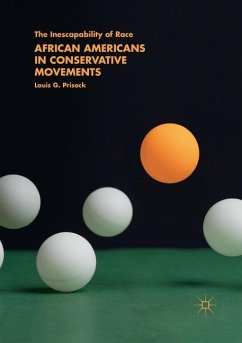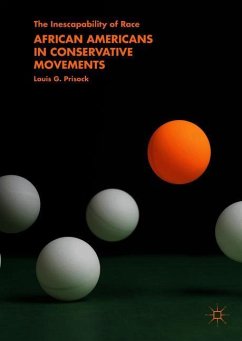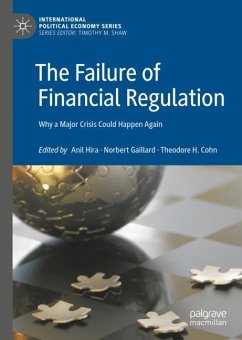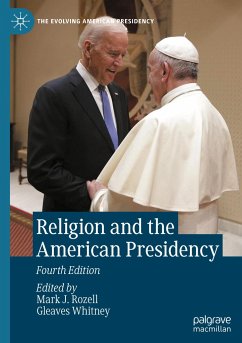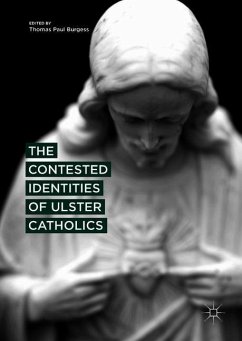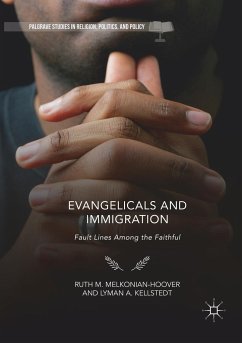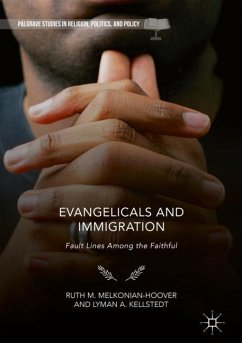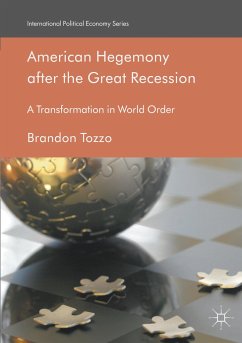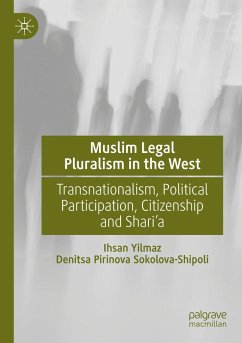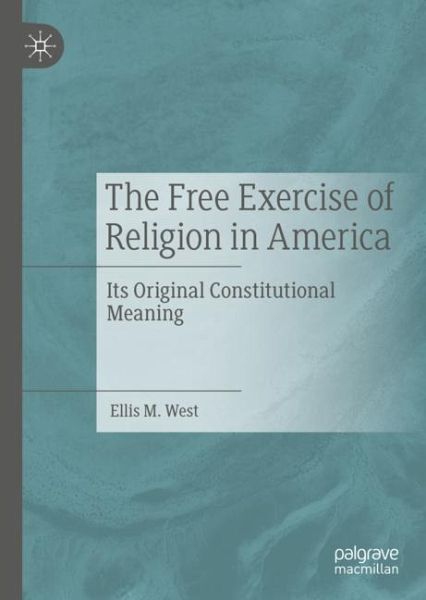
The Free Exercise of Religion in America
Its Original Constitutional Meaning

PAYBACK Punkte
34 °P sammeln!
This book explains the original meaning of the two religion clauses of the First Amendment: "Congress shall make no law [1] respecting an establishment of religion or [2] prohibiting the free exercise thereof." As the book shows, both clauses were intended to protect the free exercise of religion or religious freedom. West shows the position taken by early Americans on four issues: (1) the general meaning of the "free exercise of religion," including whether it is different from the meaning of "no establishment of religion"; (2) whether the free exercise of religion may be intentionally and di...
This book explains the original meaning of the two religion clauses of the First Amendment: "Congress shall make no law [1] respecting an establishment of religion or [2] prohibiting the free exercise thereof." As the book shows, both clauses were intended to protect the free exercise of religion or religious freedom. West shows the position taken by early Americans on four issues: (1) the general meaning of the "free exercise of religion," including whether it is different from the meaning of "no establishment of religion"; (2) whether the free exercise of religion may be intentionally and directly limited, and if so, under what circumstances; (3) whether laws regulating temporal matters that also have a religious sanction violate the free exercise of religion; and (4) whether the free exercise of religion gives persons a right to be exempt from obeying valid civil laws that unintentionally and indirectly make it difficult or impossible to practice their religion in some way. Adefinitive work on the subject and a major contribution to the field of constitutional law and history, this volume is key to a better understanding of the ongoing constitutional adjudication based on the religion clauses of the First Amendment.



